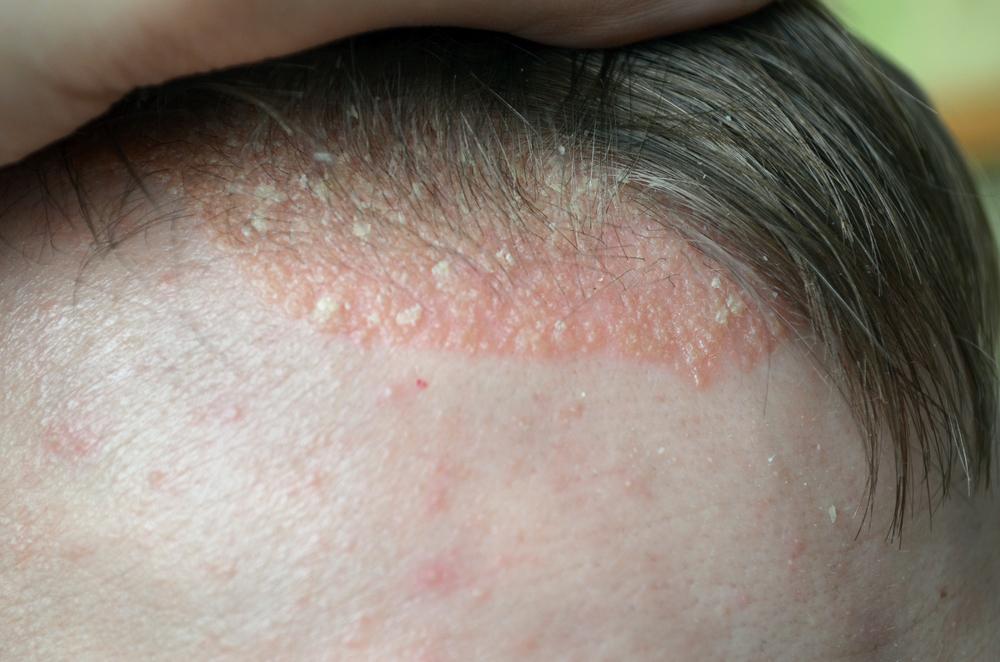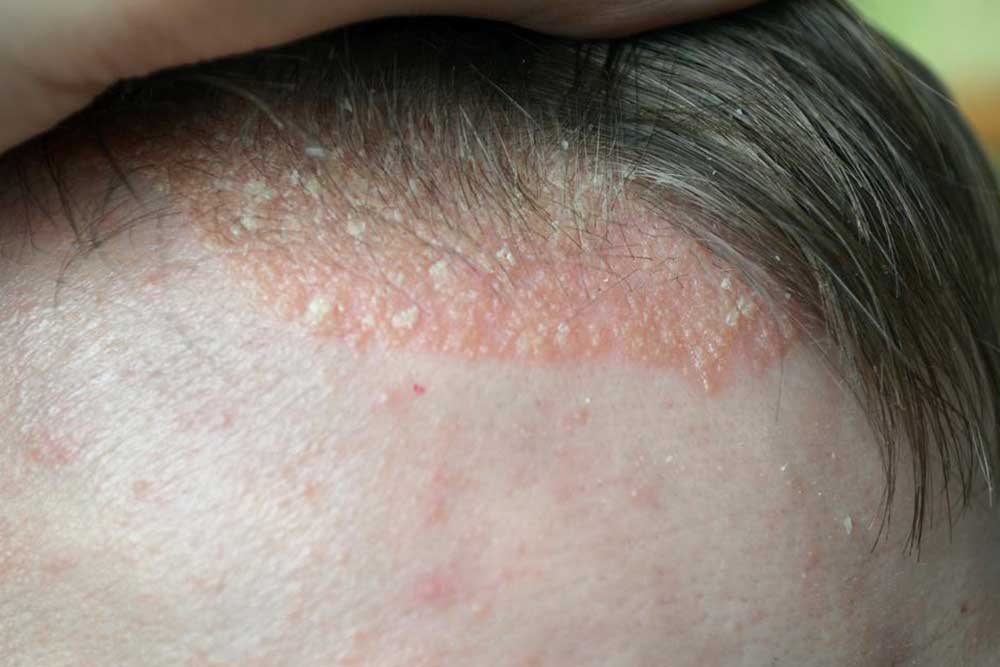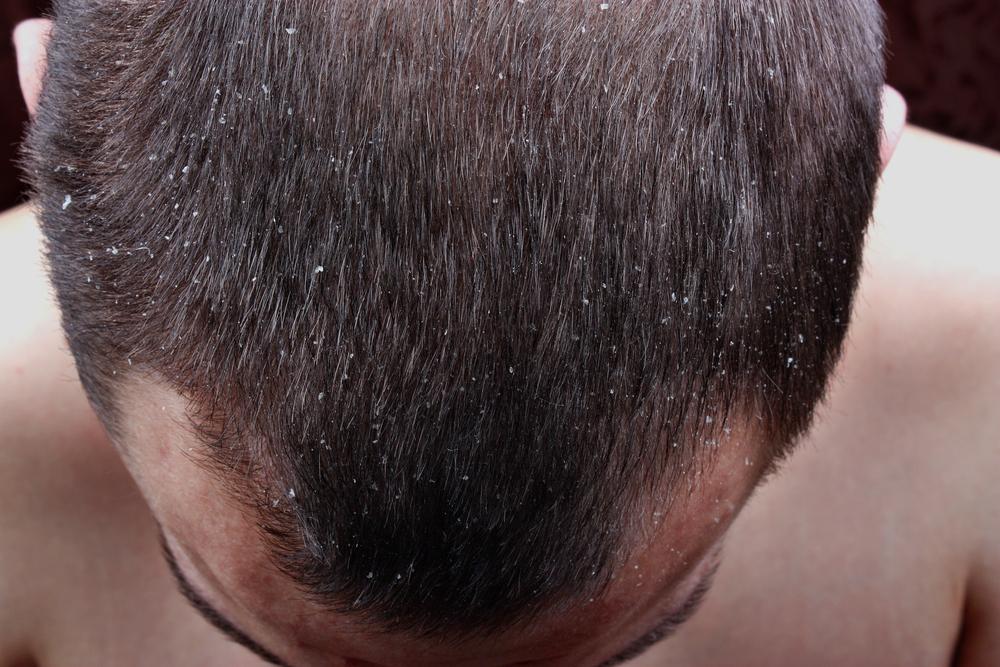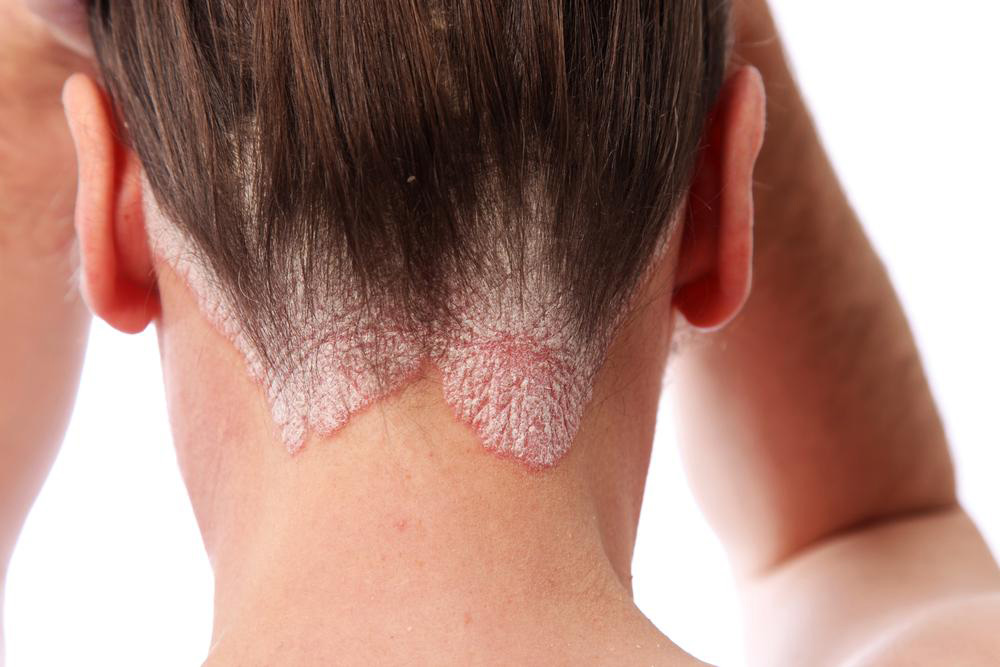Comprehensive Guide to Managing Scalp Psoriasis
This comprehensive article explores scalp psoriasis, distinguishing it from dandruff, and discusses its causes, symptoms, and treatment options. It emphasizes the importance of early diagnosis and professional medical advice, including topical and oral treatments, to manage this chronic skin condition effectively. Preventive measures and attention to potential complications like hair loss are also covered, guiding readers on when to seek medical help for severe symptoms.

Comprehensive Guide to Managing Scalp Psoriasis
Distinguishing scalp psoriasis from dandruff can be challenging since both involve itchy scalps and white flakes. However, scalp psoriasis is a hereditary and immune-related skin condition that can be contagious. In severe cases, it may lead to psoriatic arthritis. Typically affecting the scalp, psoriasis presents as thick plaques or mild scales.
Understanding the Cause
Scalp psoriasis often results from immune system dysfunction, causing skin cells to multiply rapidly, leading to symptoms like itching, burning, and discomfort. If left untreated, it can spread behind the ears, down the neck, or onto the forehead, worsening over time.
This skin condition tends to flare up due to climate changes or vitamin deficiencies. Common signs include redness, dryness, raised patches, hair loss, bleeding, flaking, burning sensation, and silvery scales. It frequently affects both sides of the head. Early treatment is essential to prevent escalation and complications.
Available Treatment Options
Topical corticosteroids, vitamin D analogs, coal tar shampoos, retinoids, and anthralin are effective for reducing symptoms. Medicated foams, gels, sprays, and lotions prescribed by dermatologists can provide relief. Severe cases may require oral medications or phototherapy, so professional consultation is advised. Self-treatment should be avoided to prevent mismanagement.
When to Seek Medical Help
Severe psoriasis can cause hair loss and scalp bleeding. Damaged scalp skin may lead to hair thinning or loss. Unlike dandruff, psoriasis presents as large, silvery scales that require careful removal without scratching. Avoid using excessive hair oils, as they may worsen the infection. Gentle combing helps remove scales but must be done hygienically to prevent spreading. Always err on the side of caution and consult a dermatologist for proper diagnosis and treatment.










